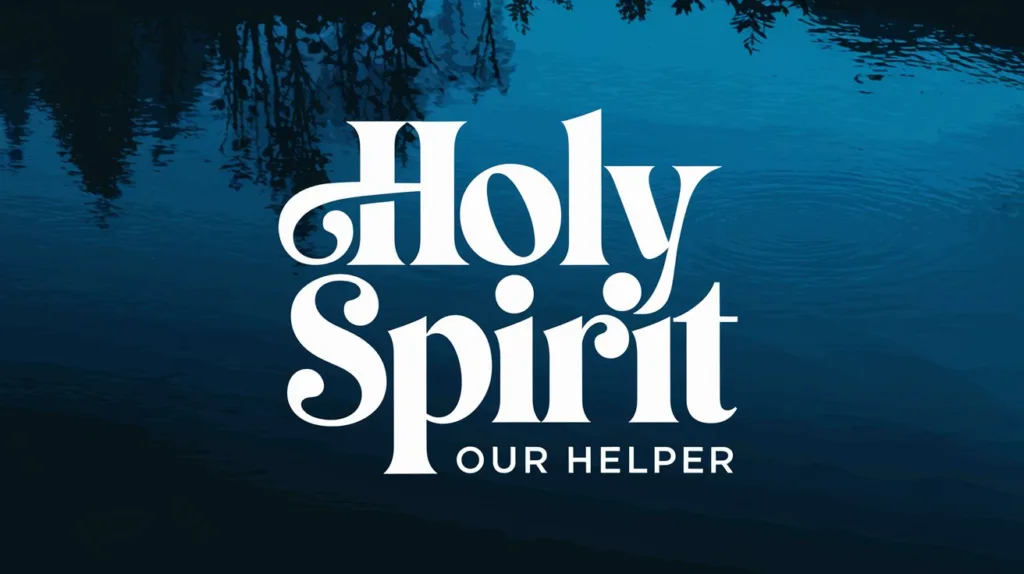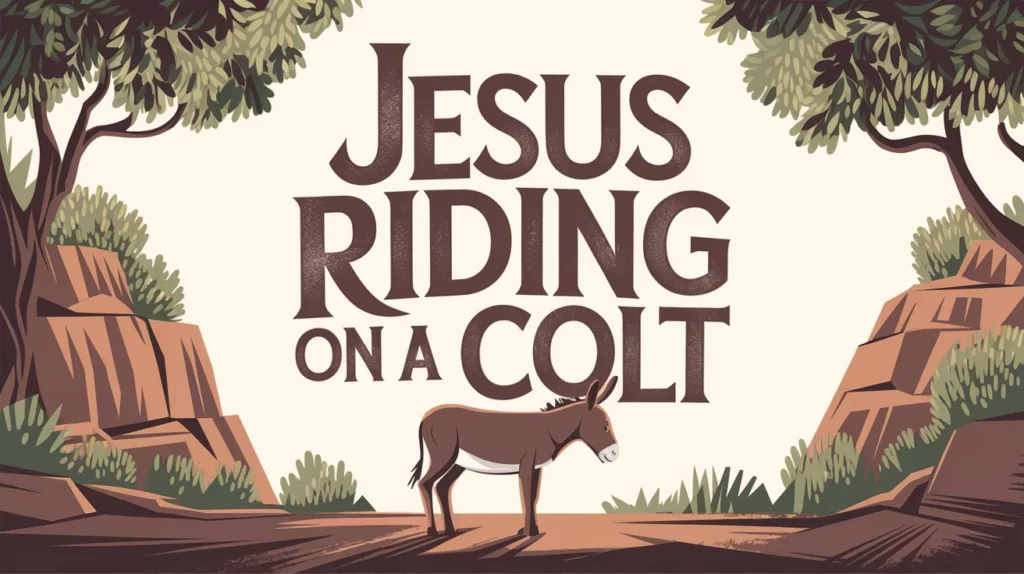The Mosaic Covenant is one of the most significant covenants in Scripture. It was given by God to Israel through Moses at Mount Sinai after the Exodus from Egypt. This covenant established Israel as a nation under God’s rule, with laws, sacrifices, and worship patterns designed to set them apart from other nations. While the Abrahamic Covenant was about promise, the Mosaic Covenant was about the law. However, they both serve a part of God’s redemptive plan. Let us examine its origin, purpose, and ultimate fulfillment in Christ.
Redemption Before Law
The Mosaic Covenant does not begin with commandments but with grace. God delivered Israel from Egypt before giving them the Law. Redemption preceded regulation. Before the Ten Commandments, God reminded His people:
“I am the LORD your God who brought you out of the land of Egypt, out of the house of bondage.”
(Exodus 20:2)
This is crucial. Israel did not earn their deliverance by obedience; they were saved by God’s mercy and power. The Law was given not to redeem them, but to shape a redeemed people for holiness and worship.
The Covenant Established
The Mosaic Covenant was inaugurated at Mount Sinai. God descended in fire and thunder, and the people trembled at His presence. He declared His intention:
“Now therefore, if you will indeed obey My voice and keep My covenant, then you shall be a special treasure to Me above all people; for all the earth is Mine. And you shall be to Me a kingdom of priests and a holy nation.”
(Exodus 19:5–6)
Unlike the unconditional Abrahamic Covenant, this covenant was conditional: blessing for obedience and curses for disobedience. The people agreed to the terms (Exodus 24:3). Then Moses sprinkled the blood of the covenant on the altar and the people, saying:
“This is the blood of the covenant which the LORD has made with you according to all these words.”
(Exodus 24:8)
The Law included the Ten Commandments, civil statutes, ceremonial regulations, and instructions for building the tabernacle. It structured Israel’s worship, ethics, and national life.
The Purpose of the Mosaic Covenant
God gave the Law for several reasons:
To reveal His holiness. The Law reflected God’s character: holy, just, and good (Romans 7:12).
To set Israel apart. Dietary laws, feast days, and purity regulations distinguished Israel from other pagan nations (Leviticus 20:26).
To expose sin. The Law served as a mirror, revealing human inability to keep God’s commands (Romans 3:20).
To point to Christ. The sacrifices, priesthood, and ceremonies foreshadowed Jesus, the ultimate Lamb and High Priest (Hebrews 10:1).
Paul explains in Galatians 3:
“Therefore the law was our tutor to bring us to Christ, that we might be justified by faith.”
(Galatians 3:24)
The Law could command, but not empower. It condemned, but could not save. It pointed beyond itself to grace fulfilled in Christ.
Law, Sacrifice, and Mediation
The covenant had three main components:
Moral Law – The Ten Commandments, expressing God’s righteous standards (Exodus 20).
Civil Law – Governing Israel’s society and justice system (Exodus 21–23).
Ceremonial Law – Sacrifices, priesthood, feasts, and purity laws (Leviticus).
Because Israel could not keep the Law perfectly, God provided sacrifices and priestly mediation to cover sin temporarily (Leviticus 4; Leviticus 16). Yet these were shadows, not substance (Hebrews 10:1).
The Sign of the Mosaic Covenant
Like other covenants, the Mosaic Covenant had a sign. God declared:
“Surely My Sabbaths you shall keep, for it is a sign between Me and you throughout your generations, that you may know that I am the LORD who sanctifies you.”
(Exodus 31:13)
The word “sign” here is again the Hebrew term ’oth, the same used for the rainbow in Noah’s covenant and circumcision in Abraham’s. The Sabbath signified rest in God and sanctification by His presence. Just as the rainbow spoke of preservation and circumcision of consecration, the Sabbath spoke of participation in God’s holiness and rest.
Yet the Sabbath ultimately pointed to Christ, in whom true rest is found:
“Come to Me, all you who labor and are heavy laden, and I will give you rest.”
(Matthew 11:28)
Keeping the Sabbath in the Mosaic Covenant was physical; in Christ, it becomes spiritual, a life of resting in His finished work (Hebrews 4:9–10).
Blessings and Curses
The Mosaic Covenant came with blessings for obedience and curses for disobedience (Leviticus 26; Deuteronomy 28). Obedience would bring prosperity, peace, and God’s presence; rebellion would bring famine, exile, and judgment. Sadly, Israel repeatedly broke the covenant, leading to the Babylonian captivity (2 Kings 17:7–23).
“But they did not obey or incline their ear, but everyone followed the dictates of his evil heart; therefore I will bring upon them all the words of this covenant.”
(Jeremiah 11:8)
The New Covenant
The Mosaic Covenant was temporary. It was “added because of transgressions, till the Seed should come to whom the promise was made” (Galatians 3:19). The writer of Hebrews says:
“For if that first covenant had been faultless, then no place would have been sought for a second.”
(Hebrews 8:7)
The Law prepared the way for Christ by exposing sin and teaching the need for a Savior. Jesus fulfilled the Law perfectly (Matthew 5:17) and established the New Covenant in His blood (Luke 22:20). What the Law demanded but could not supply, grace provides through Christ.
What It Means for Us Today
We are not under the Mosaic Covenant, but the moral principles behind the Law still reveal God’s character. The Ten Commandments are not abolished but fulfilled in love (Romans 13:8–10). We do not keep the ceremonial laws because Christ is our sacrifice, our priest, and our temple. We do not live in fear of curses because Jesus bore the curse for us (Galatians 3:13).
Yet the lessons remain: God is holy, sin is serious, and grace is precious. The Law cannot save, but it still serves to show our need for the Savior and guide us in holy living through the Spirit (Galatians 5:18).
My Final Thoughts
The Mosaic Covenant teaches us that salvation is never by works. Israel could not keep the Law, and neither can we. But in Christ, the righteous requirements of the Law are fulfilled (Romans 8:4). The thunder at Sinai points us to the cross at Calvary. The sacrifices of Leviticus point us to the Lamb of God. And the Sabbath points us to eternal rest in Him. Praise God that the covenant of law gives way to the covenant of grace through Jesus Christ, our Mediator and Redeemer.





 Get the book that teaches you how to evangelize and disarm doctrines from every single major cult group today.
Get the book that teaches you how to evangelize and disarm doctrines from every single major cult group today.